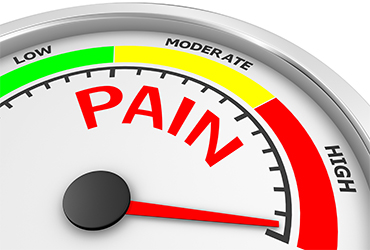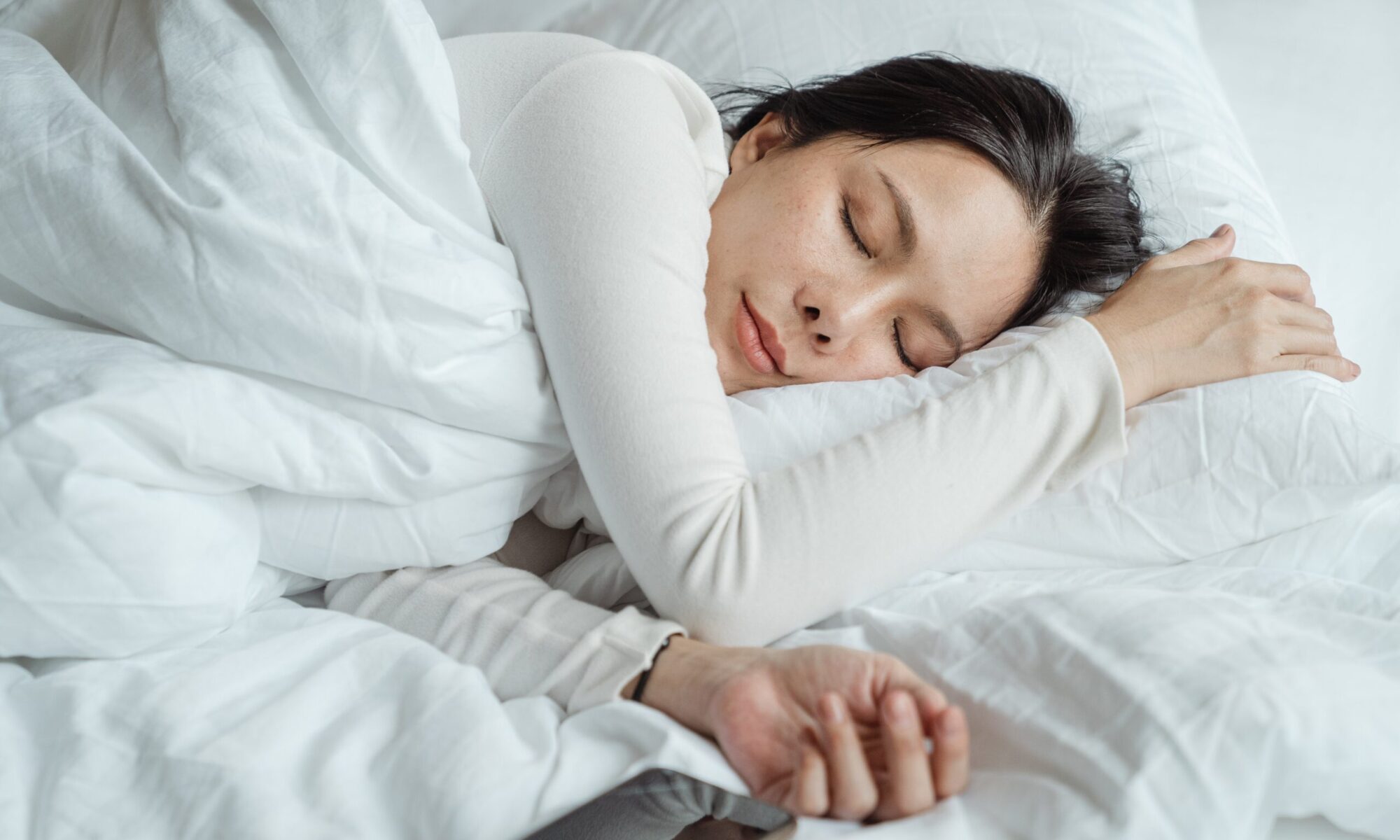THE STRESS AND STRAIN OF EVERYDAY LIFE
The stress and strain of everyday life can be significant at times. However, it’s also important to be aware of the fact that chronic insomnia frequently co‐occurs with psychiatric or physical conditions.
Although it had long been believed that, when this was the case, insomnia was a symptom of those conditions, the available evidence suggests that the relationship between such conditions and insomnia is complex and sometimes bidirectional. In fact, insomnia is a risk factor for major depression, anxiety disorders, substance use disorders, suicidality, hypertension and diabetes.
On this basis, as well as due to the fact that insomnia is associated with impairments in quality of life and an increased risk for accidents and falls, it is recommended that treatment be targeted specifically to addressing insomnia whenever it is present, including when it occurs along with physical or psychiatric conditions, but as we’ve mentioned, for the sake of overall success and safety, one thing at a time.
Then there are diseases which cause insomnia. Anything that causes chronic pain is obviously a serious threat to sleep and therefore insomnia.
CHRONIC VERSUS ACUTE PAIN
Pain is a sensation experienced differently in different people. Measurement of pain must therefore remain somewhat subjective to that individual. Acute pain provides the service of awareness of injury or damage to which the sufferer responds by withdrawal from the stimulus. If unaddressed acute pain may progress to Chronic Pain.

SIGNIFICANCE OF CHRONIC PAIN.
Chronic pain frequently manifests as a more generalized feeling which may be experienced in ways not always associated with “acute pain” those being a reduction in the Quality of Life (QofL), difficulty in sleeping and concentrating and may include anxiety, depression and mood changes.
Pain can come be the result of many illnesses, from arthritis, chronic back issues, fibromyalgia, cancer, or other conditions, pain can prevent you from falling asleep or interrupt your sleep later. Skin conditions like psoriasis and eczema or other dermatologic disorders can make your skin itch or irritate so badly that sleep is the last thing on your mind. Parkinson’s Disease and Dementia both cause difficulty in sleep.
Children with Autism and those with ADHD/ADD often have problems with sleep too.
Heartburn or GERD (Gastro-Esophageal Reflux Disorder) is a common cause of insomnia and equally a common finding in Obstructive Sleep Apnea (OSA).
Diabetes can cause a frequent need to use the bathroom – and is also has a strong association to OSA too. (OSA sneaks in all over the place! It’s a very damaging disease without much awareness.) You can experience night sweats with diabetes, just as OSA can also cause them Menopause is not a disease but can be considered a disorder if severe or extended. Most women who have experienced menopause know all about hot flashes!
A word about using the bathroom. Obviously, you don’t want to drink too much before you go to bed, and you should use the bathroom to urinate before going to bed. [Better than anywhere else I guess] Sometimes it turns out that you don’t wake up to go the bathroom – as much it makes sense to go the bathroom since you’ve woken up. Go to the bathroom, wash your hands and return to bed!
Children who have a problem with bed-wetting often have OSA, in fact it’s a red flag for the diagnosis.
OSA does affect smooth muscle tone and this may also add to the night-time bathroom trips!
So, we’ve looked at some of the outside factors that may affect sleep and result in insomnia. These are not common, but they do happen and so if you feel they may be factors you should consult with your doctor, just to rule them out.


